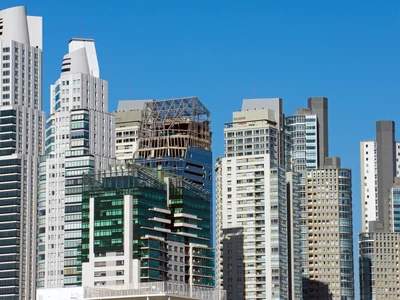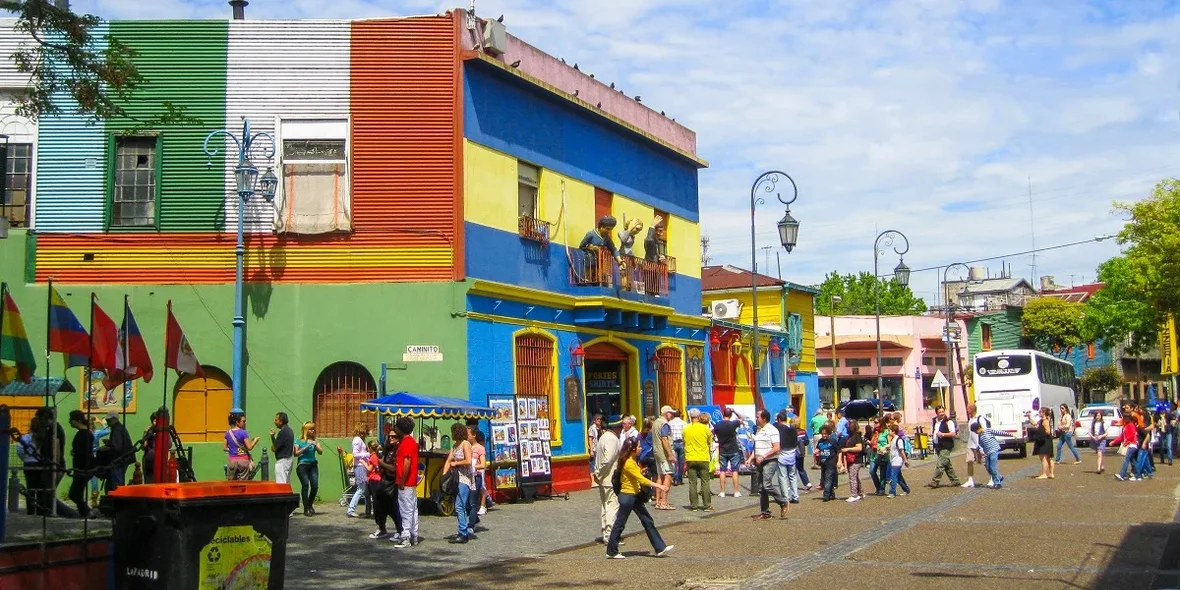
What's it like living in Argentina? Personal experience: prices, jobs, pros and cons
How much money does one need to live in Argentina? Who is most comfortable living in this country? What are they like, the Argentines? Mark Shein told us about the standard of living in Argentina, its advantages and disadvantages, banking, and real estate.
“Argentina is best for those who are working remotely”
— In a week, it will be one year since my family and I have been living in Argentina. I am 29 years old and am currently focused on raising a child.
My wife and I brought a number of travel and wedding projects to Argentina, but unfortunately, the latter did not work out, but the former has already begun to bring results. I also run a telegram channel about life in Buenos Aires, where I share my thoughts about local life.
We often spend our weekdays walking around the city or in the parks; we travel a lot and try to get a complete understanding of life on this continent.
What we have learned so far is that Argentina is best suited for people who work remotely, as it is almost impossible to find any job in the local market. There are, of course, exceptions, but it is better not to focus on them.
For those who work remotely, Buenos Aires is definitely the best city by the criteria of cheap living, related infrastructure, cultural and leisure activities, and ease of legalization in South America.
In addition to remote workers, the country is also good for LGBTQ+ people due to its tolerant environment and progressive social laws.

About the standard of living and the local real estate market
— In Buenos Aires, it is enough for one person to earn in the range of $1000 per month to live comfortably. Prices for consumer goods here are lower than in neighboring countries. Here are examples of prices: milk is $0.7, a dozen eggs are $1, beef (1 kg) is $3–$5, cheese (1 kg) is $2.5, and a bottle of table wine is within $1–2.
About the real estate market in Argentina, I can say that it is very sluggish; there is almost no activity. This is my opinion based on my personal experience. The price for a one-bedroom apartment in a new house in CABA (Autonomous City of Buenos Aires) starts at $80-100 thousand. The transactions themselves are only made in dollars, which already brings up some questions for the market. Although Russian investors do appear and some even buy something, one only has to look at the price dynamics in recent years and the desire to get involved in this business will fall away.
As for the local rental market, it is now bloated to the limit. So personally, I now prefer to live in the suburbs rather than the cities themselves. In Byres, these are mostly guarded campos within 30–70 km of the city center. They have all the necessary infrastructure: swimming pools, stores, restaurants, etc. The cost of renting in them ranges from $700 per house per month. For example, the annual contract for the house, including all commissions, cost us $15,000 for a house of 180 m2, a pool, two floors, and three bedrooms. For a similar amount of money in the city, you can rent only one or a maximum of two bedrooms.
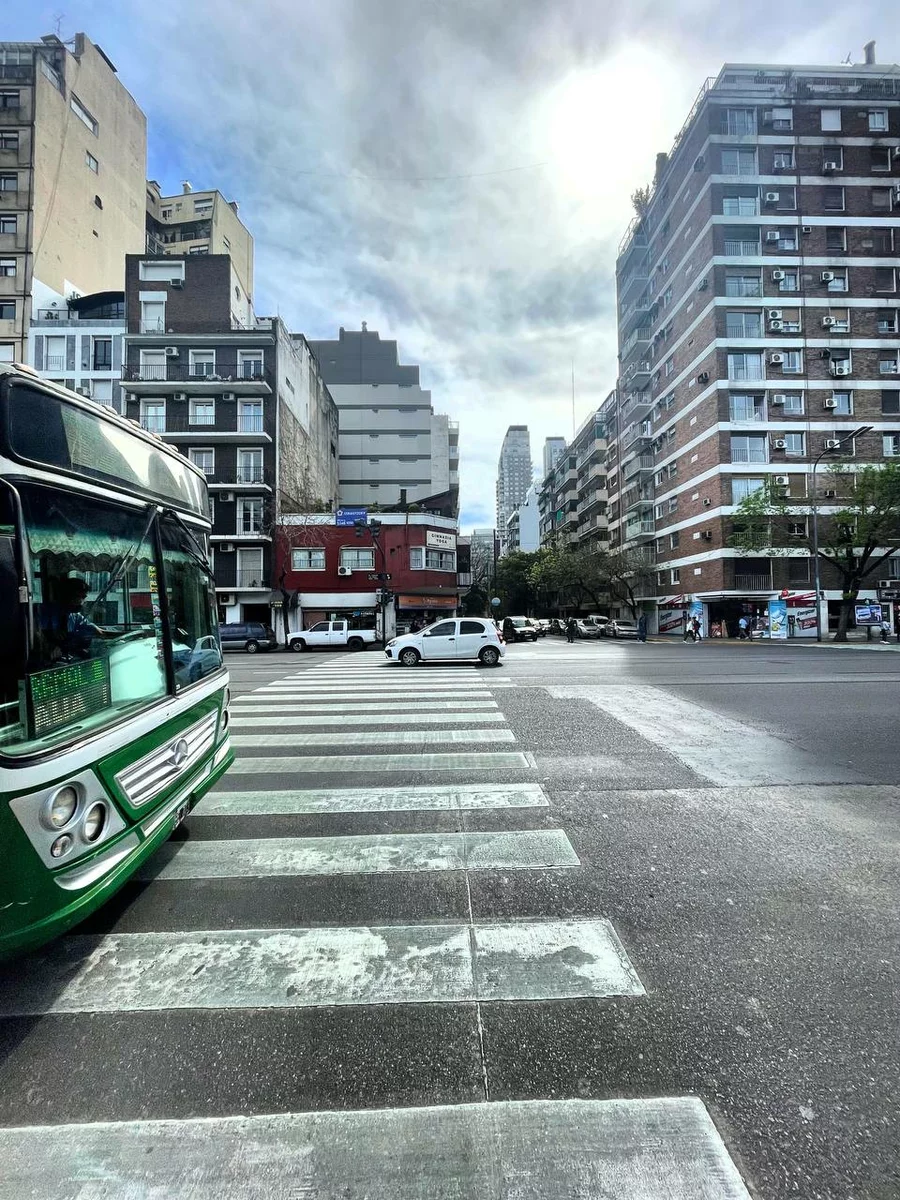


The pros and cons of living in Argentina
— The most important disadvantage of living in Argentina is economic instability, which at times also leads to political instability. If a century ago Argentina was one of the richest countries in the world, over the last century it has experienced nine defaults, four military juntas, and now apparently cannot boast of a stable banking sector.
In addition, since 2001, all local card transfers have been converted into pesos at the official exchange rate, and payments to foreign services are even subject to a 75% tax. This is why most locals now use crypto and get dollars, bypassing local banking in every way.
Another disadvantage is the infrastructure, which is very poorly maintained in Argentina. This is especially evident in the degradation of the railroads over the last 30 years. At the same time, public transportation within the capital is well-developed.
Both pluses and minuses can be considered the fact that Argentina now has a large Russian-speaking community. Its representatives occasionally have disagreements with the authorities, but there are also internal initiatives aimed at organizing work with the local administration. It will take time to see what happens.
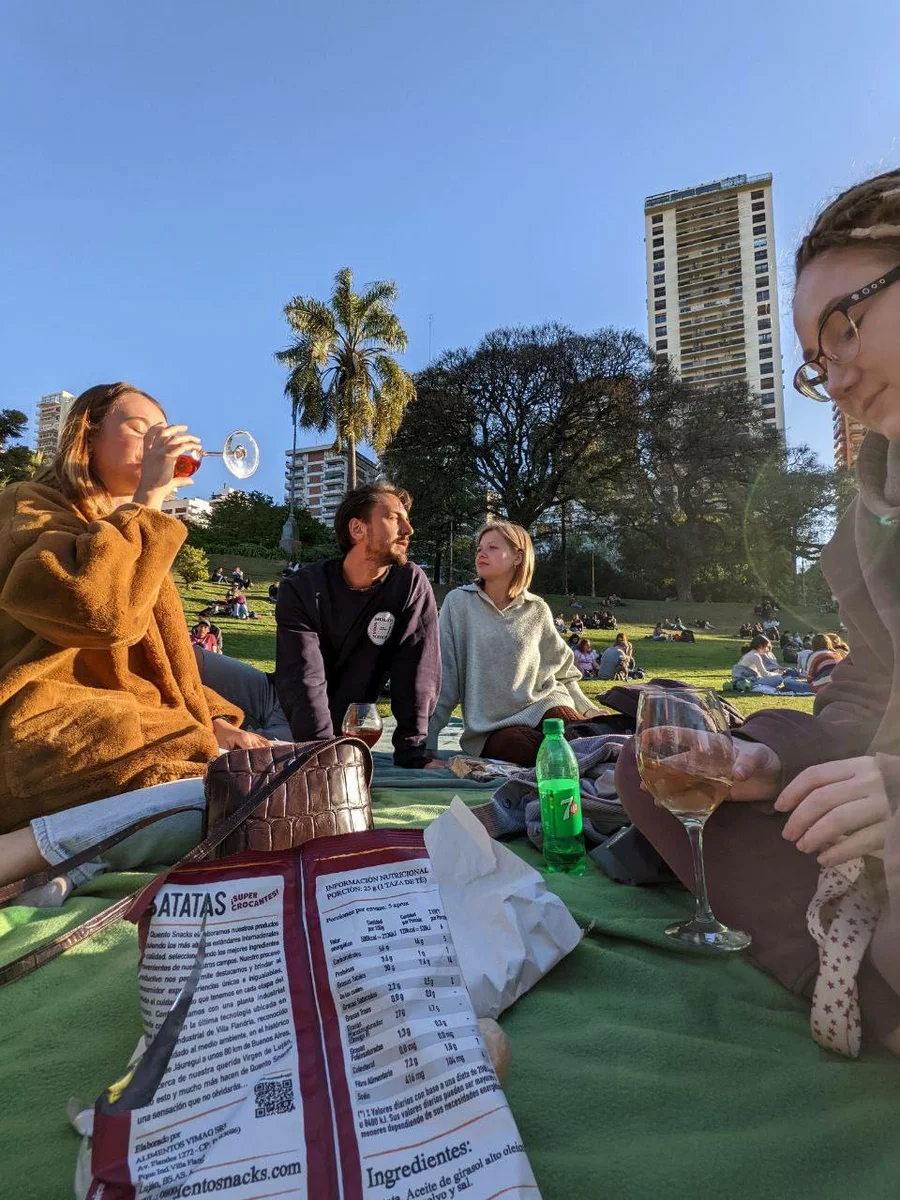
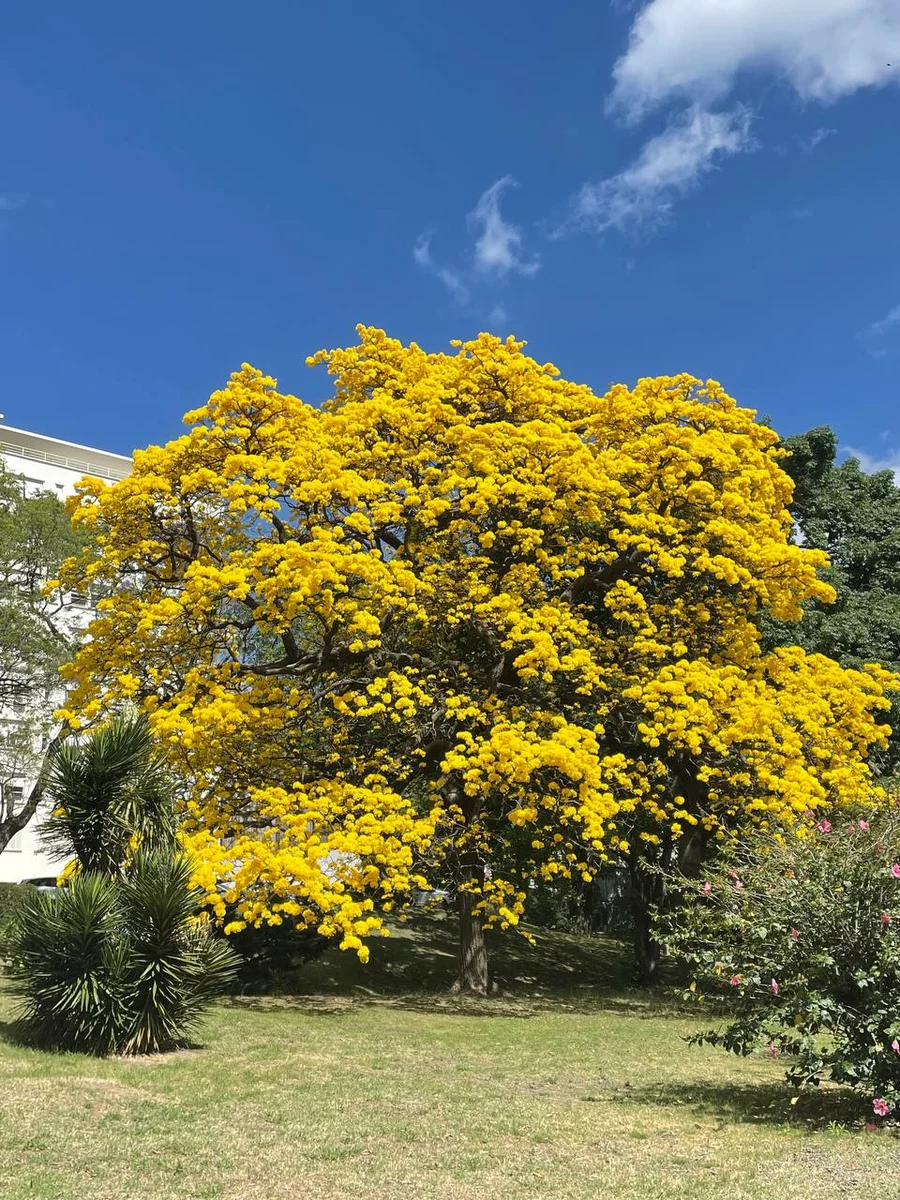
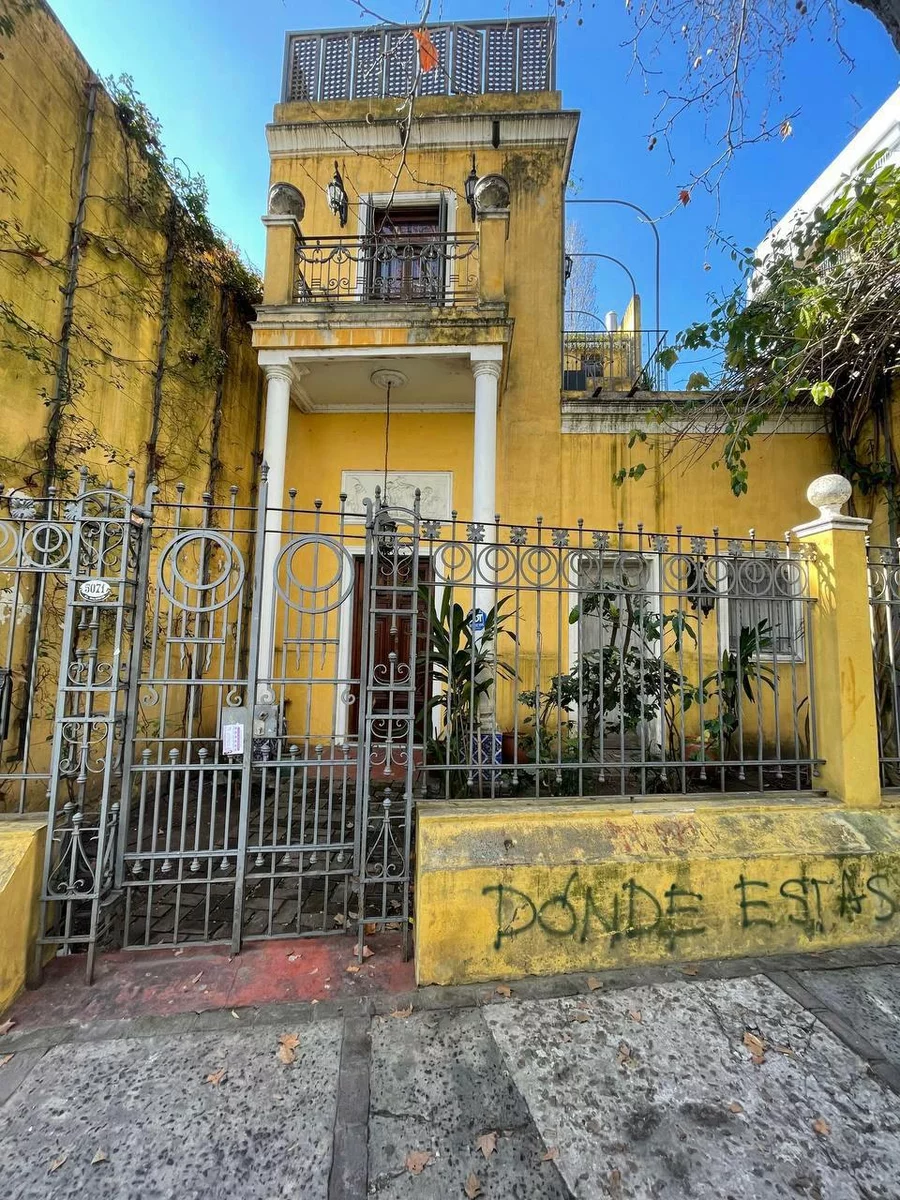
— Now, on the plus side.
Maternity tourism in Argentina has already been extensively discussed, so I will only briefly touch on a few points: first, the medical care is of European caliber; second, births here are half as expensive as those in Brazil (in private clinics, births cost $2–4 thousand, while they are free in public clinics); third, giving birth here is the quickest route to legalization; and fourth, the Argentine passport is the 19th strongest in the world (visa-free with 156 countries; simplified application for a visa to the U.S. for 10 years).
As for the architecture, right in the center of Bayres, you feel like you're in “old Europe”—these “pictures”, by the way, are often hunted by many filmmakers. However, the colonial buildings also have a tangible weight. By the way, there are more than seventy bars, restaurants, and pastry shops in Bayres, which are listed as the historical and cultural heritage of the city.
Also in Argentina, domestic tourism has developed, and there is a lot to see. The easiest way to arrange a road trip to natural monuments such as Bariloche, Ushuaia, and Iguazu Falls. In short, there is no problem with where to go on vacation in the country.
But the green areas and parks in Latin America and Argentina in particular captivated me the most. Unimaginable expanses and fauna leave an indelible impression.
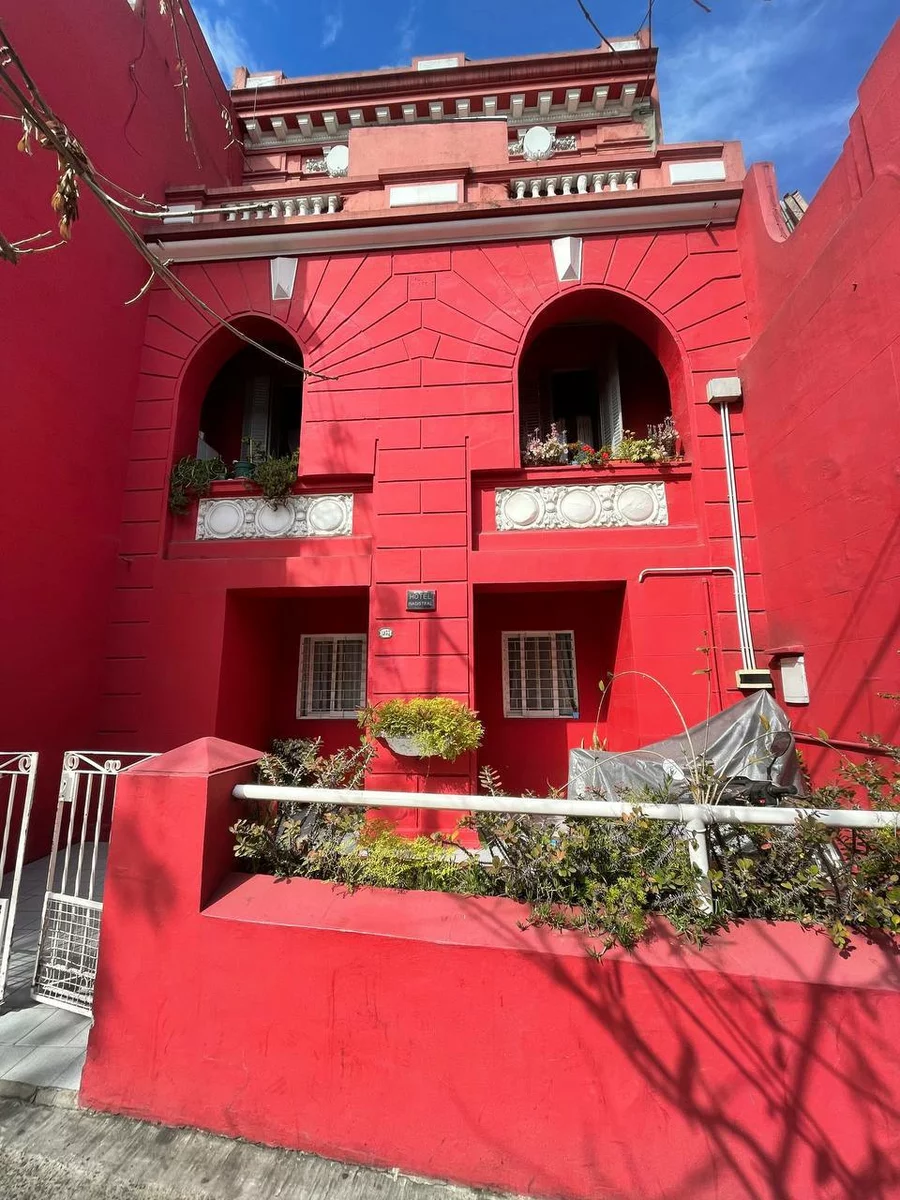

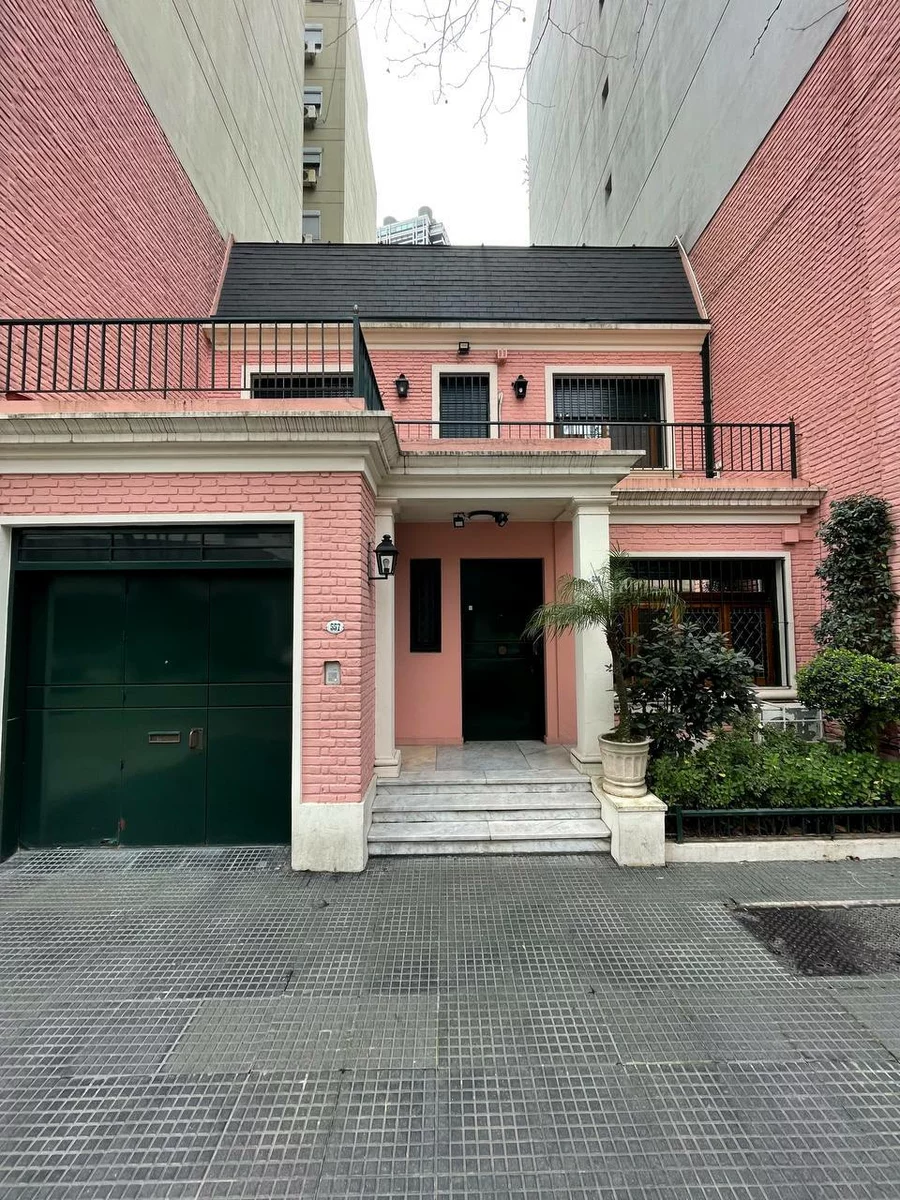
Tango, soccer, and rock—observations about the locals
— The Italian/Spanish influence is strongest in the Argentines, which is reflected in their temperament. By the way, 70% of the inhabitants of the country are natives of Italy.
Argentines stand out for their education compared to their neighboring countries. The fact is that the level of education in Argentina is one of the most advanced in Latin America (even despite economic hardships). If you want to study in Argentina, you should consider three cities to live in: Córdoba, Buenos Aires, and La Plata. All the intellectual power in the country is concentrated there.
In addition, Argentines are great music lovers. Rock in Argentina is elevated to the status of a cult, and almost everyone honors someone from the old era of the local rock industry.
It is also said that everyone who visits Argentina must go to a milonga. This is a dance evening where the Argentine tango is danced. The dance is social and even involves the observance of a special etiquette - codigos. In general, it is noticeable that the tango is still about the older generation. Young people, for the most part, prefer bachata or salsa.
And, of course, how not to mention soccer. By all accounts, Messi is at least close to the saints in Argentina. When the championship was held in the morning people took their places in bars as early as 2–3 hours before, and in the fan zones even earlier. I will say nothing of the staff because for them to come to work so early on a day off is a feat, but everyone's duty to his homeland is different.
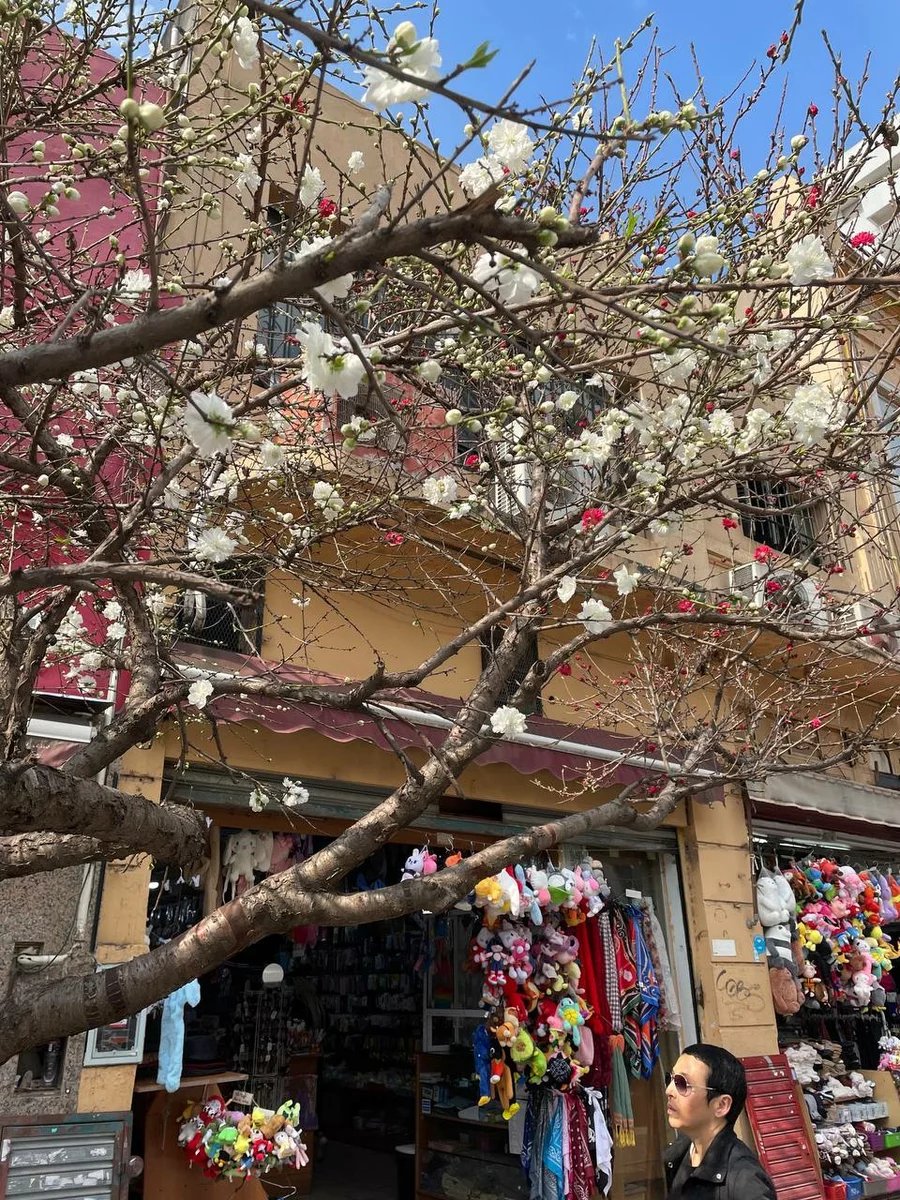
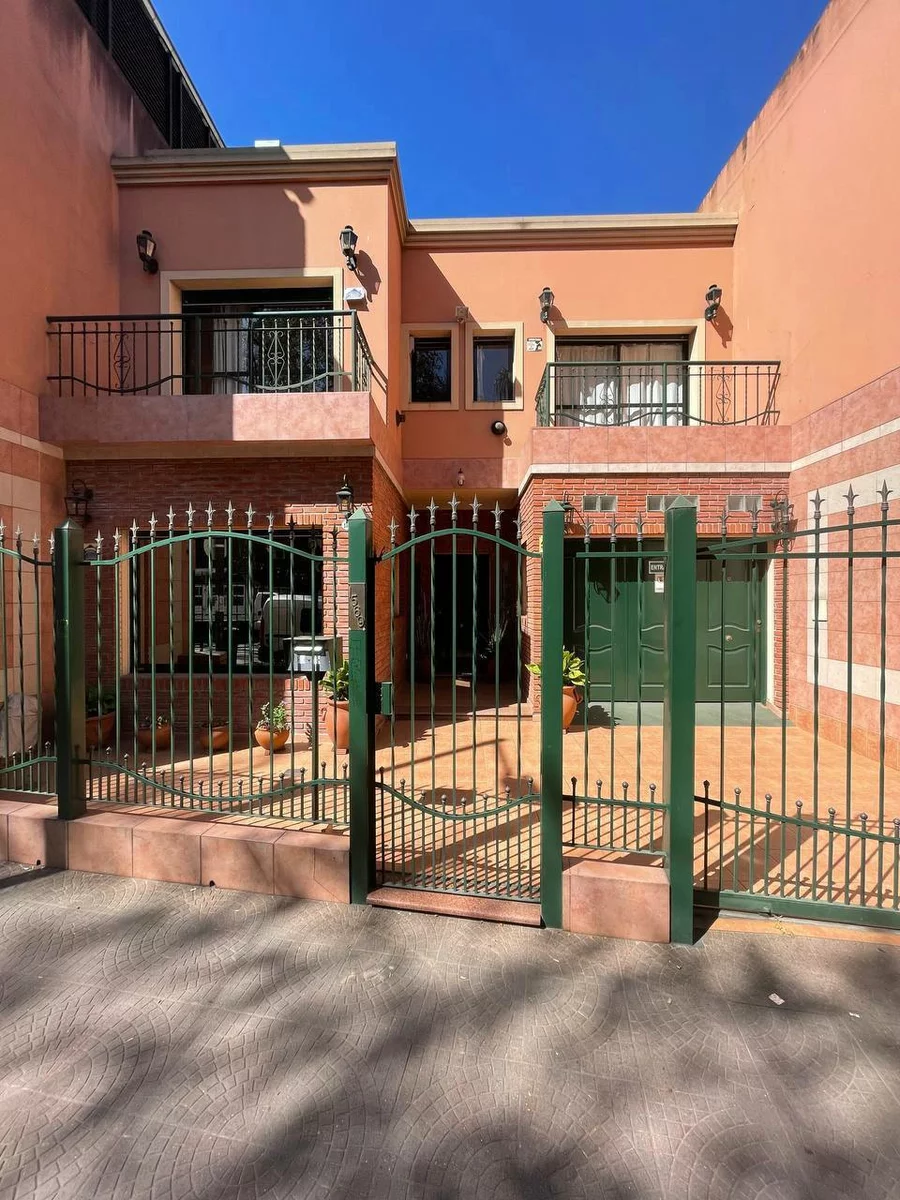
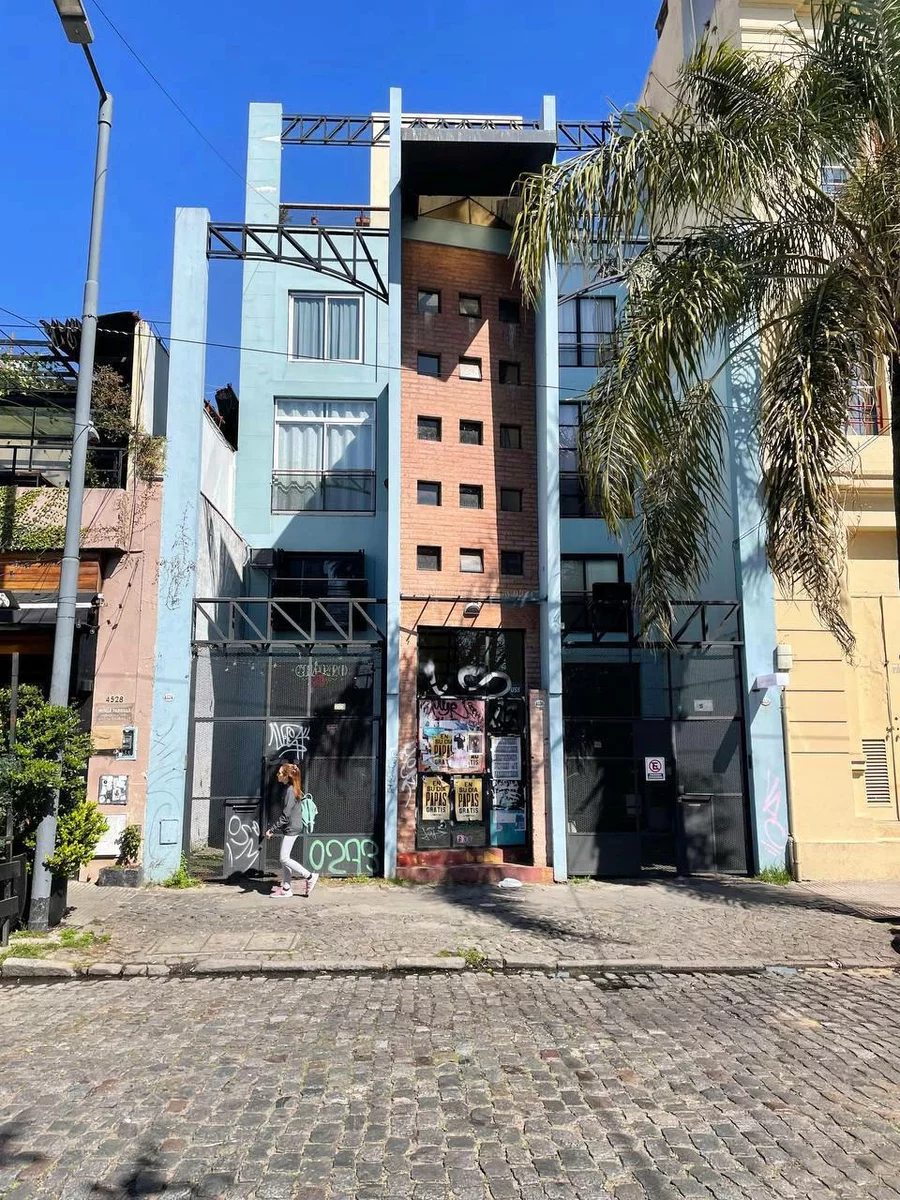


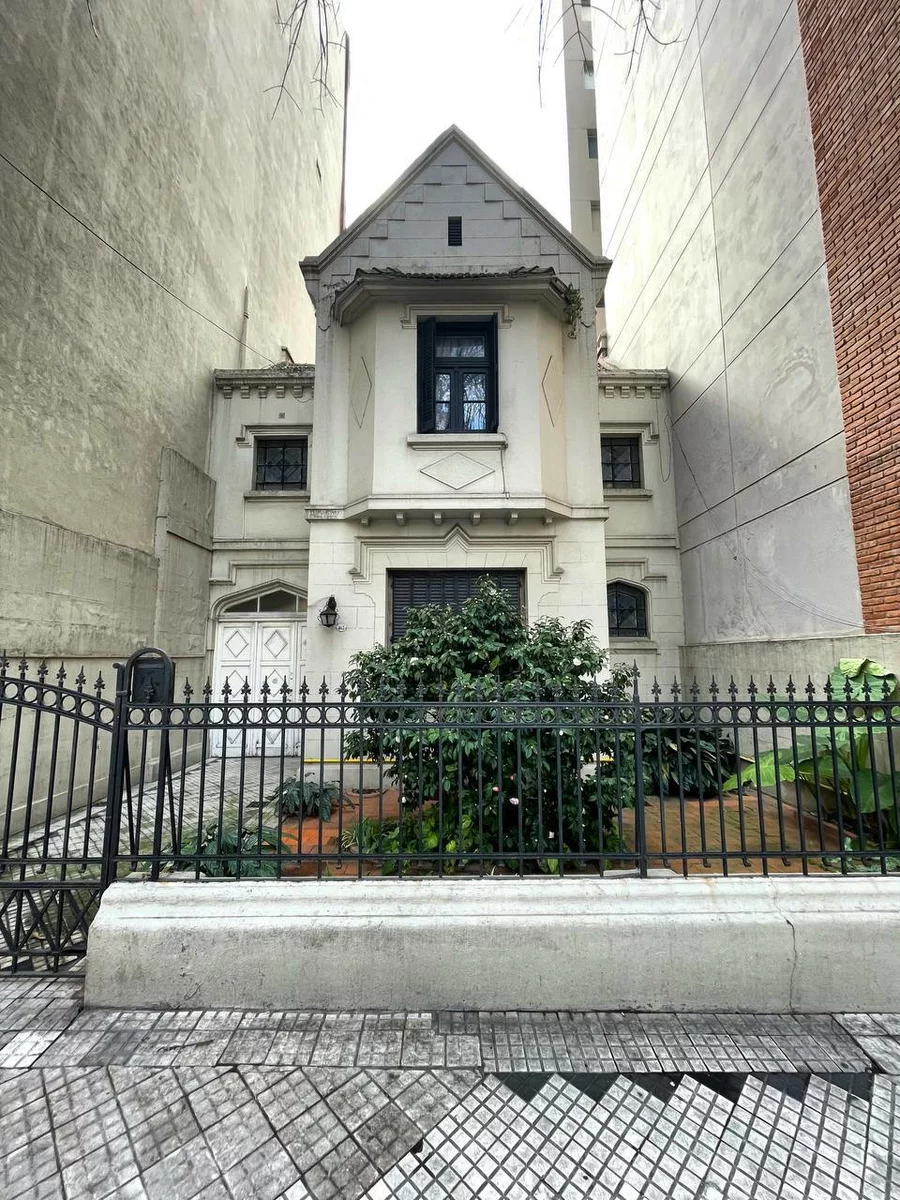
Author
I am responsible for editorial work. I write expert interviews and guides.




















